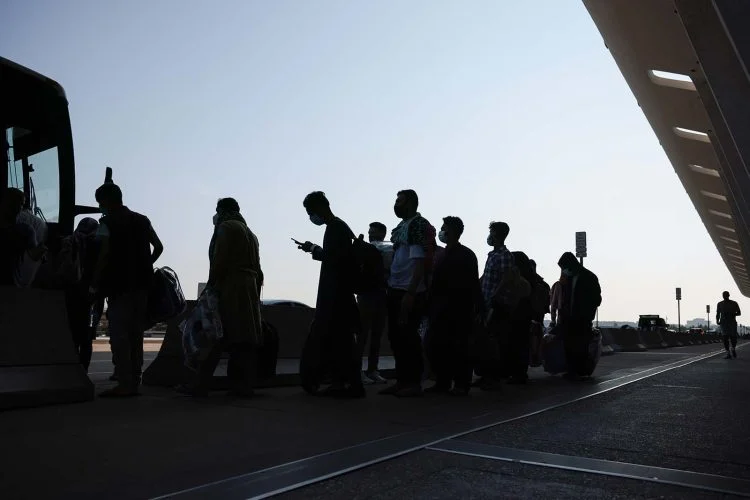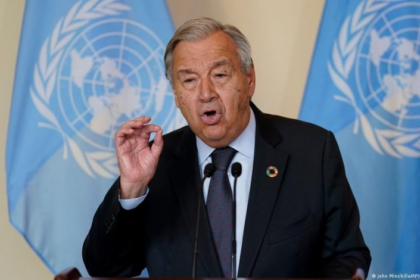RASC News Agency: A coalition of Afghanistani citizens who risked their lives to support U.S. military operations and institutions over the past two decades has issued an urgent appeal to President Donald Trump, demanding the reinstatement of Washington’s resettlement program for at-risk Afghanistani partners. The call comes in the wake of a CNN report confirming that Trump suspended the program at the outset of his second term in office a decision that, according to those left behind, has trapped thousands of America’s most loyal allies in the shadows of danger. Figures from the Middle East Institute reveal that since 2021, more than 180,000 Afghanistani nationals have been resettled in the United States. Yet countless others many of them translators, doctors, engineers, and logisticians who directly advanced U.S. projects remain stranded either in Afghanistan or in precarious limbo across neighboring states. For these individuals, the abrupt U.S. policy reversal has meant not only betrayal but also a looming death sentence under Taliban rule.
One Afghanistani physician, who for years provided critical medical support to U.S. troops, told CNN that the halting of the program has “placed his life and his family’s life in grave danger.” His testimony mirrors dozens of others men and women who once stood shoulder-to-shoulder with American soldiers and diplomats and who now survive only by concealment. Several stressed that discovery by the Taliban would almost certainly mean imprisonment, torture, and execution. Since seizing power again in 2021, the Taliban have pursued a campaign of revenge against anyone associated with the former government, civil society, or international partners. Human rights organizations note that women, in particular, have been forced into a state of near-total invisibility banned from education, work, and public participation in what international watchdogs now describe as “gender apartheid.” These policies, far from being incidental, represent a calculated strategy to erase women from the public sphere and crush every remnant of modern civic life.
Critics argue that Washington’s retreat from its commitments has emboldened the Taliban, giving the group free rein to expand its system of repression. The decision to freeze resettlement, they warn, has also sent a devastating signal across the world: that alliances with the United States can be disposable once immediate military objectives are achieved. Such a precedent not only undermines American credibility but also strengthens the Taliban’s propaganda narrative of inevitable betrayal by the West. Refugee rights advocates and a growing number of U.S. lawmakers are pressing for a reversal of the suspension and the creation of a safe, transparent corridor for resettling Afghanistani partners. They insist that failure to act not only endangers lives but also erodes America’s moral standing.
As one former interpreter, now in hiding in Kabul, put it: “We risked everything for America. Today, the Taliban hunt us, and America has turned its back. If we die, the world will know who abandoned us.”






